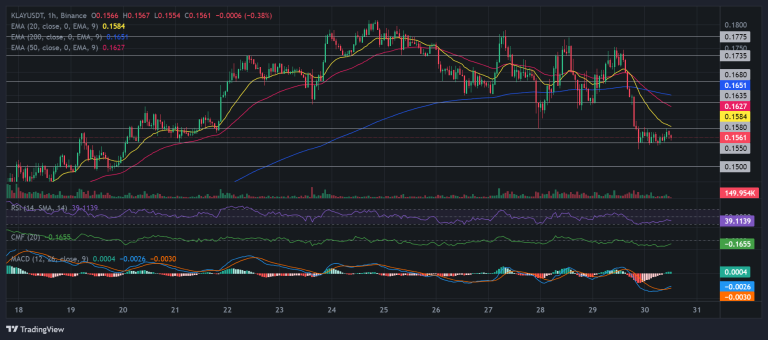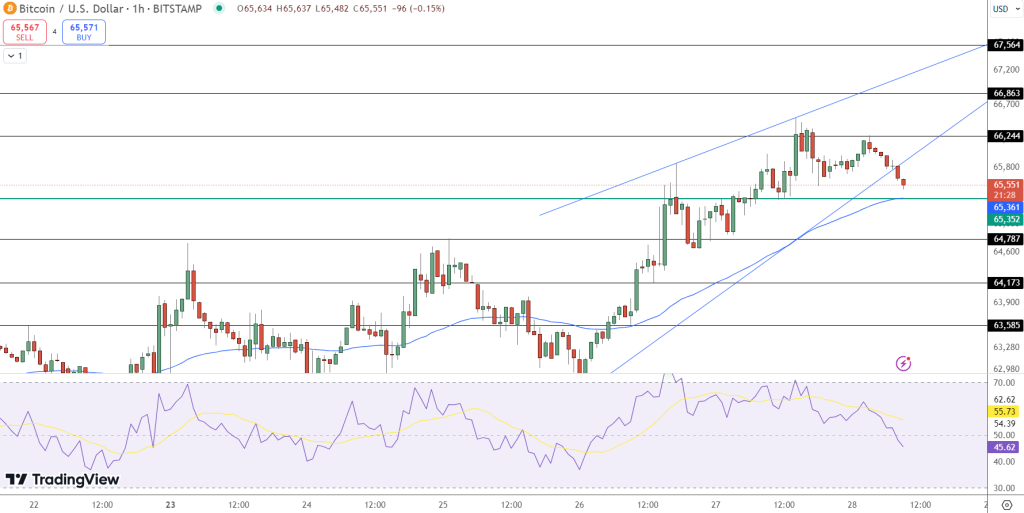Last updated:
 Why Trust Cryptonews
Why Trust Cryptonews
Ad Disclosure
We believe in full transparency with our readers. Some of our content includes affiliate links, and we may earn a commission through these partnerships.

Brooklyn’s District Attorney’s Office has dismantled 40 fraudulent NFT marketplace websites following a scheme that defrauded an 85-year-old artist of $135,000.
The victim was targeted by a scammer posing as an art dealer on LinkedIn, the DA’s office revealed on December 6. The scammer persuaded the artist to mint his work on a counterfeit NFT marketplace designed to mimic the reputable OpenSea platform.
Scammer Demands $135,000 Fee
After falsely claiming that the artist had earned $300,000 in profits, the scammer demanded a $135,000 “fee” to release the funds.
To meet the demand, the artist liquidated his retirement savings, used credit cards, and took out a loan. He later realized the promised payment was a fabrication, leaving him financially devastated.
“Cryptocurrency scams can take many forms but have similar characteristics, such as preying on vulnerable victims and requesting fees to redeem purported earnings,” said District Attorney Eric Gonzalez. “These were the tactics used in this case, leading our investigators to a network of fraudulent websites that specifically scammed artists. It is my hope that by shutting these domains and raising awareness about this scheme, we will prevent others from falling victim to this scam.”
Investigators traced the stolen funds to accounts at a Nigerian exchange, where they were primarily converted to local currency, making recovery nearly impossible.
The fake marketplace websites also originated from Nigeria, the DA’s office reported.
Some of these sites employed phishing tactics, urging users to input their crypto wallet seed phrases, granting scammers full access to victims’ digital wallets.
Two additional artists, based in Georgia and California, were also tricked by the same fraudulent operation.
The DA’s Virtual Currency Unit has warned artists to remain vigilant and conduct thorough research before engaging with NFT platforms.
“If it seems too good to be true, it likely is,” it said. “Do your own research and seek opinions from fellow artists.”
Similar cases include a sophisticated hacking operation that allegedly stole $11 million in crypto and sensitive data from individuals and companies across multiple countries.
According to court filings, the alleged hackers targeted at least 29 individuals, with one victim losing over $6.3 million in cryptocurrency after their email and digital wallets were compromised.





